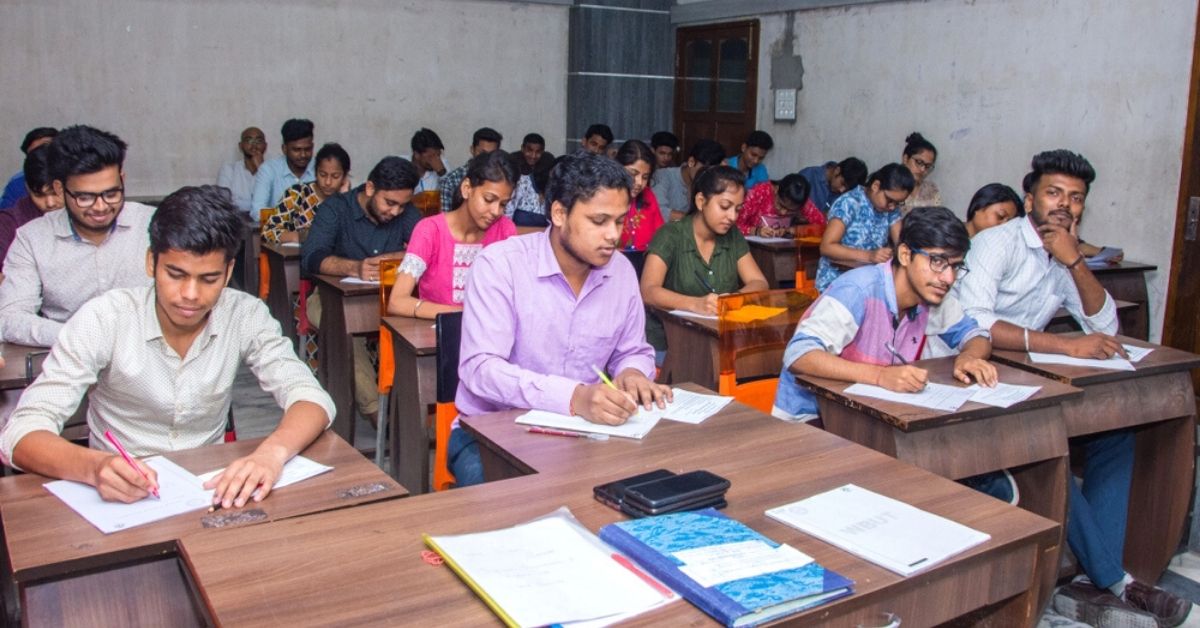A plethora of exams are just around the corner — the SSC and GATE (Graduate Aptitude Test in Engineering), as well as CBSE board and other competitive tests. And no matter how well you studied, revising the entire year’s syllabus is a mammoth task.
So here are some quick tips and tricks shared by Quora user Sathya Mukesh C S, who cracked the GATE-19 and CAT-19 exams and has topped throughout his academic life.
Identify the most comfortable time for revising
Sathya advises to use the 4 am to 7 am slot before the test. “If you do not wish to risk waking up late, then 5 pm to 9 pm should suit you best,” he recommends.
Revise while you learn
His pro tips include learning for 15 minutes and revising the topic for two minutes in a loop. “Contrary to the belief that revision happens post-learning, you should revise while learning. Once an answer or a concept is learned, close your book and try to remember what you have learnt,” he says.

Making points for final revision
Sathya believes that keeping a keyword for each line while learning can help remember them as pointers. He recommends keeping about ten keywords for a page. “If you can remember those ten keywords, you remember the page. And during revision, preparing a mind map of those keywords can help to revise the content in a short time,” he says.
Strategic revising
Sathya suggests that students should begin their revisions with the parts they have memorised and learnt the best, followed by concepts that they have learned moderately.
Part ‘A’ should involve everything that you have learned well, which should be revised first. Part ‘B’ entails those concepts that students have not learned too well, and should revise towards the end. “Make sure you have enough time in hand to revise the latter. Revising at the end does not mean skipping entirely or giving less attention towards those topics,” Sathya writes.
He adds that the concepts memorised before the examination are well registered in our memories, and will stay for a few hours.
He also offers some ‘cool’ hacks:

Despite all preparations and strategic planning, if everything goes for a toss, don’t panic, Sathya says. “There may be a shortage of time for revision, but you are bound to perform well if you know that concepts are well absorbed in the learning stage. But panic and anxiety can affect your recollection capacity,” he says.
He says 80 per cent of the questions come from 20 per cent of the syllabus. “It is termed as the Pareto principle, and implies that even if you haven’t covered the entire syllabus, you can still ace the test with confidence,” Sathya adds.
Quality over quantity is another crucial aspect to remember while appearing before an examination, Sathya says. “If you learn something, make sure it will help you during the examination. Learning in a hurry and not being able to use it is like a half baked cake, which will not result in fruition,” he adds.
Meanwhile, Joseph Nithin Thirumalareddy, another Quora user and an analyst at Genpact, advises making a plan.
“Know what you have to cover in a certain time frame. Note down the number of chapters to be finished in a week. Try not to keep your schedule too tight,” Joseph says.
Joseph says that studying alone can work best when you have limited time without keeping distractions. He further suggests making short notes of important points such as reactions, formulae, equations, and to glance before the examination.
He adds, “Do not study the same subject each day. Instead, try covering different topics alternately.”
Source:
Best way to revise for exams.
Sathya Mukesh C S
Joseph Nithin Thirumalareddy
Exam calendar
Edited by Divya Sethu
No comments:
Post a Comment